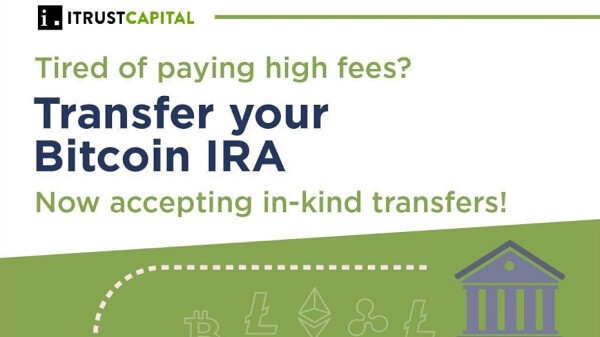
Today, Bitcoin (BTC) rebounded strongly to $53K after plummeting to a low of around $47,000 on April 25.
Driven by the publicity and excitement of Coinbase’s direct listing, Bitcoin reached a record-high of $64,895 on April 14. However, since touching highs of $64,800, BTC has been in a downward state. The BTC bulls have actively defended the support level of the 100-day exponential moving average in recent days.
The price of gold fell below the 100-day moving average for the first time since last weekend. The fall in the price of gold and the abrupt bankruptcies of two cryptocurrency exchanges in Turkey may have contributed to people’s panic that the crypto sector is a bubble, causing Bitcoin’s price to fall to its lowest level in seven weeks.
At the time of writing, BTC increased by more than 7.74% and is trading at $52,910.

Source: BTC/USD Daily via TradingView
According to the Relative Strength Index, the daily RSI of BTC touched the 30 marks oversell zone for the first time this year. The last time it fell below the 30 oversold zones occurred on March 12 last year and revised the indicator within the next six days. Its weekly RSI has fallen to a level equivalent to the correction level produced “before Bitcoin entered hyperspace in the first part of the 2017 bull market”.
The CEO and founder of Copia Wealth Studios Michael Sikorsky said in a report on Friday:
“Volatility has always created opportunity, and people keep being surprised by the new highs month over month and year over year.”
A sharp retracement in a bull market may not be a threat, but an opportunity to buy the dips.

According to Glassnode data, as the market rose rapidly, BTC futures short liquidation amount was $88,696,765 in early Asian trading on Monday morning.
Despite a large retracement, Bitcoin’s yield on a year-to-date basis is still very impressive. So far, it has maintained an increase of about 80%, from $28,999 to $52,722.
This is not only endorsed by individual investors, but also by institutional investors. Institutions from Goldman Sachs Group to Bank of New York Mellon have increased their interest in cryptocurrencies. High market cap companies such as Tesla and Meitu have added cryptocurrencies to their investment portfolios to hedge against currency inflation risks.
Image source: Shutterstock





 Bitcoin
Bitcoin  Ethereum
Ethereum  Tether
Tether  XRP
XRP  Solana
Solana  USDC
USDC  TRON
TRON  Dogecoin
Dogecoin  Lido Staked Ether
Lido Staked Ether
Be the first to comment